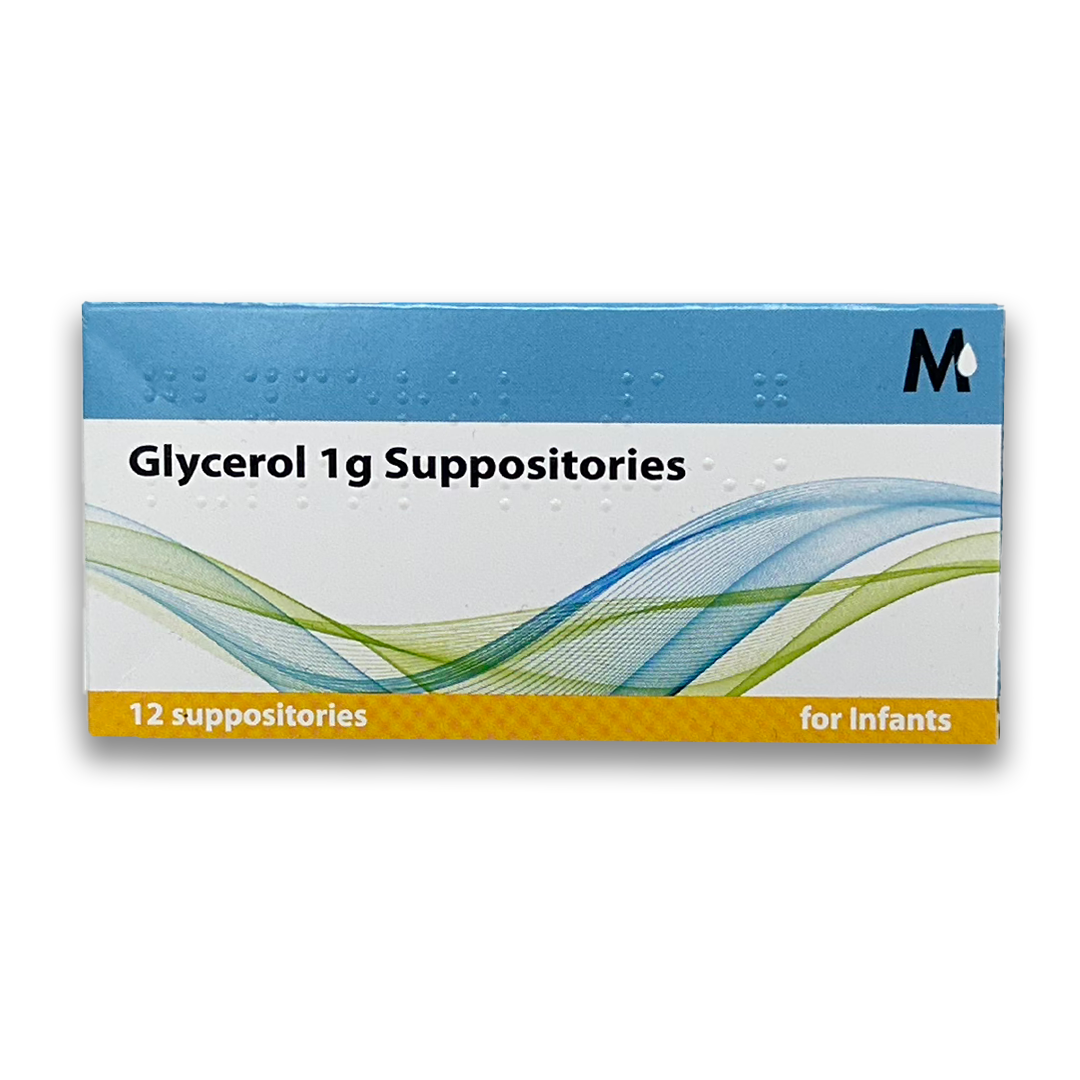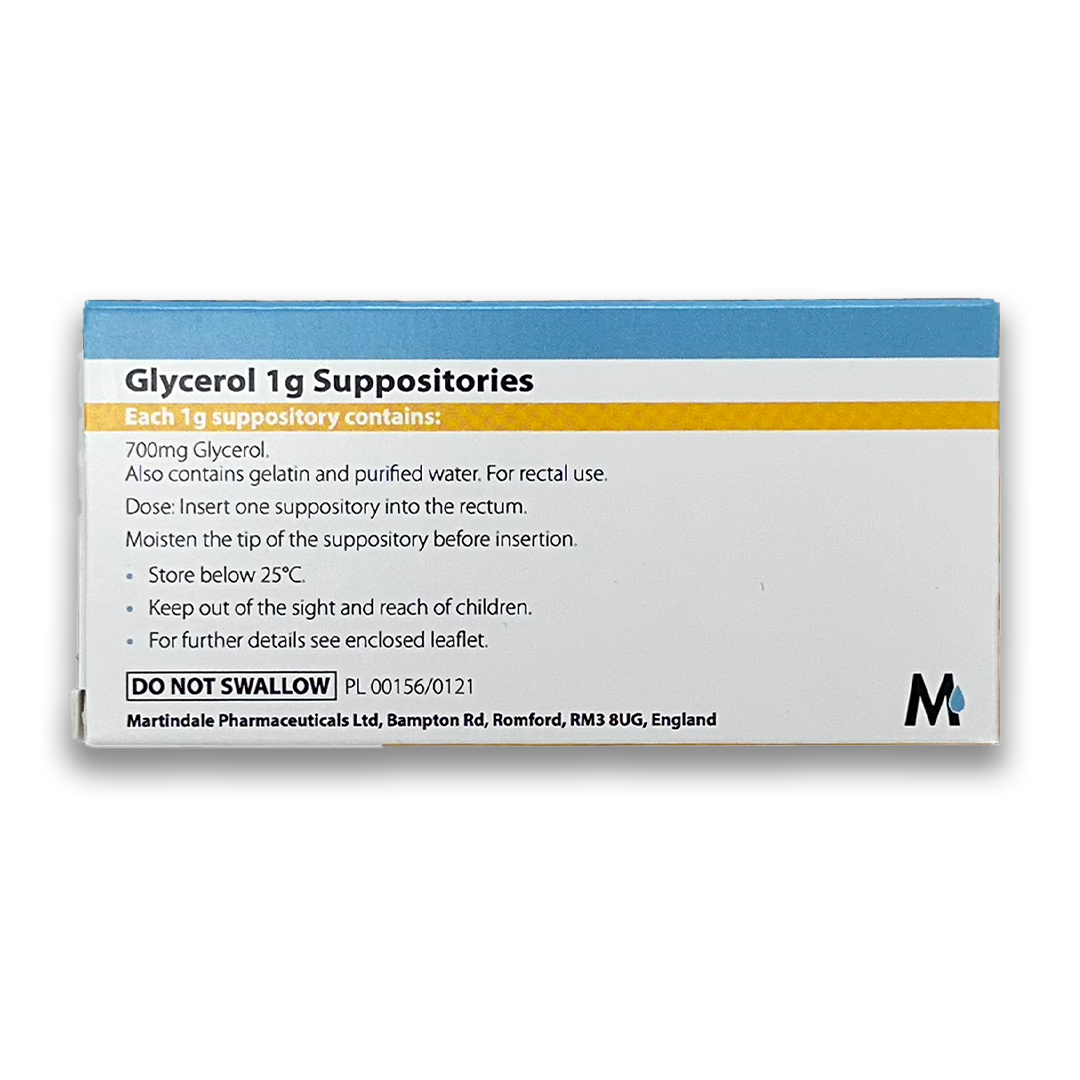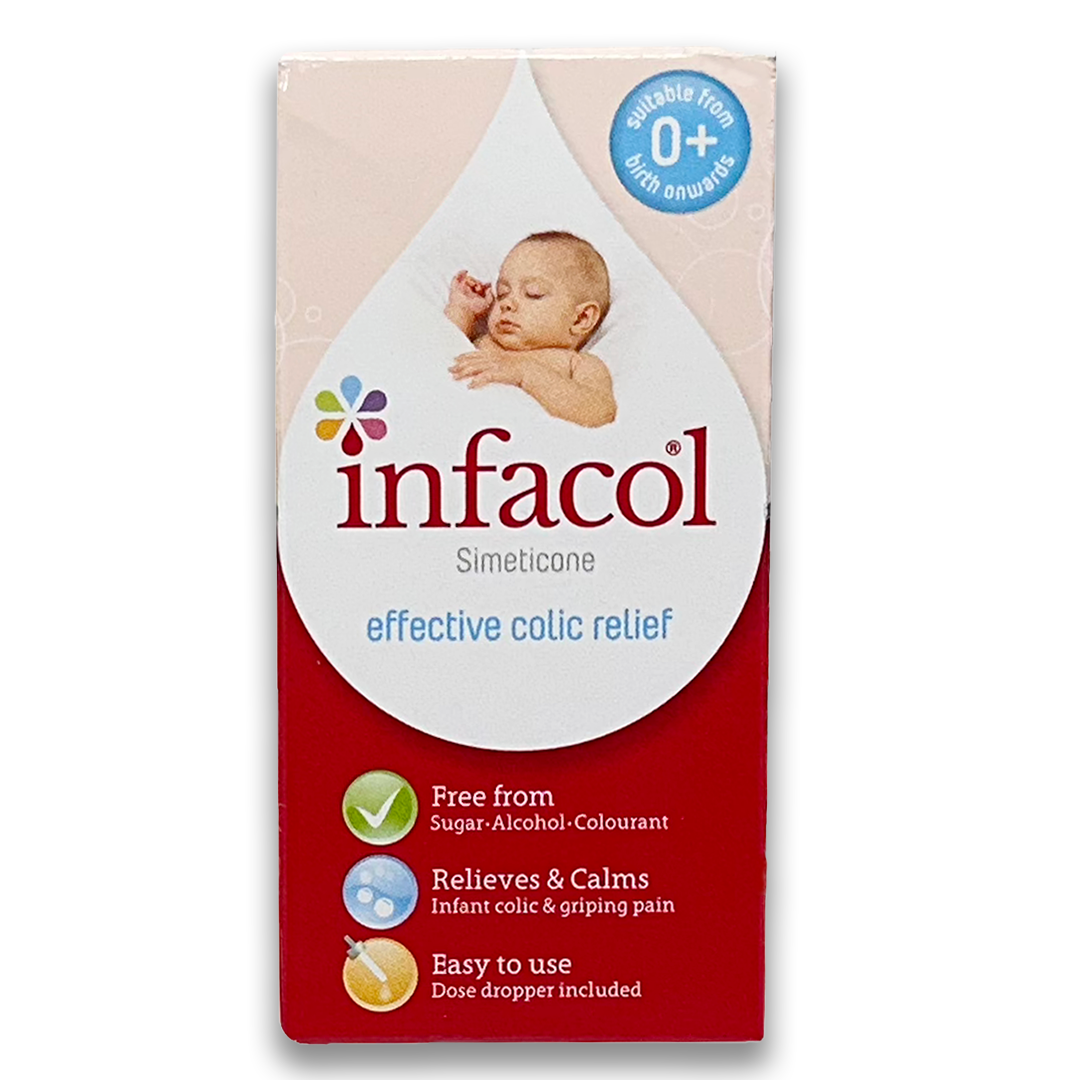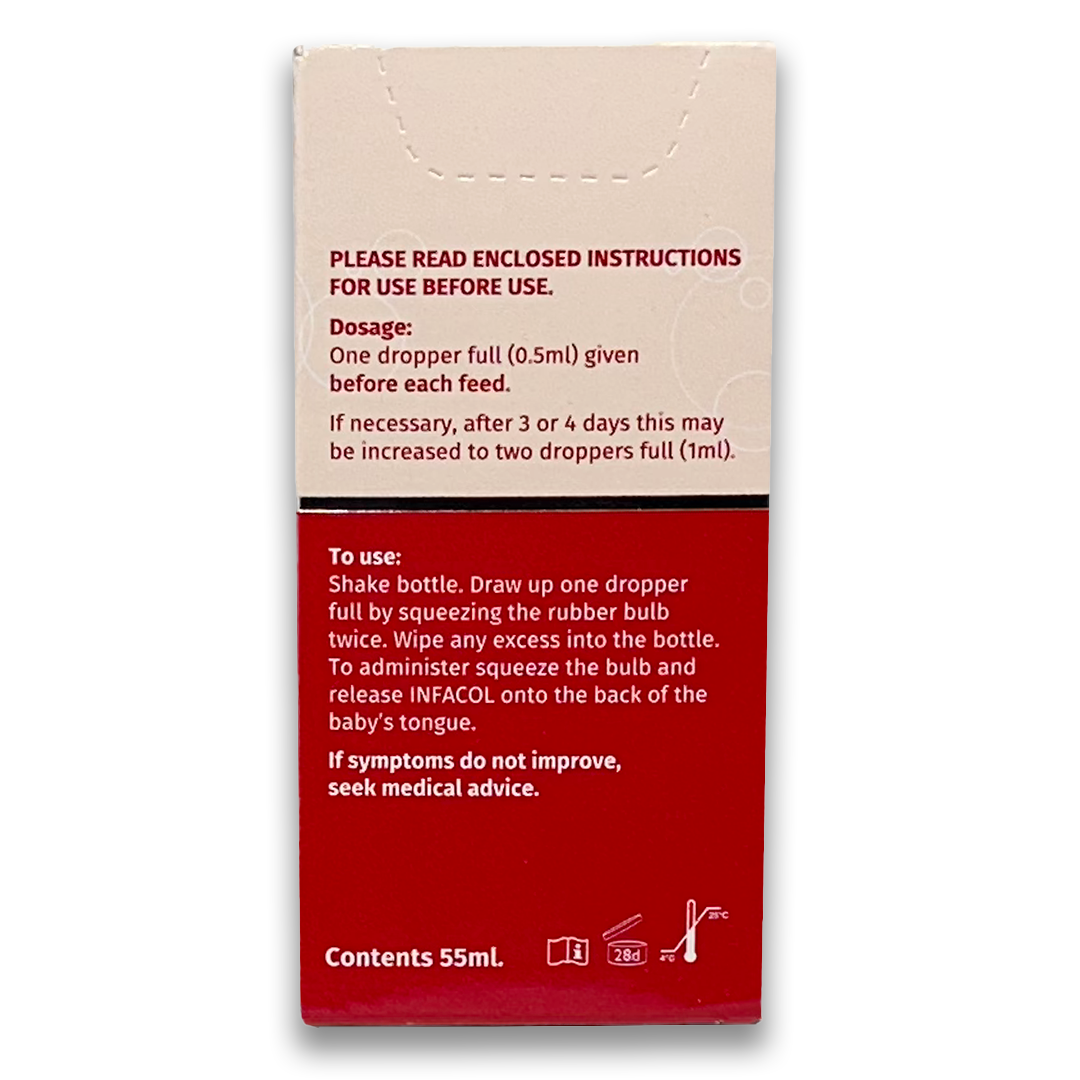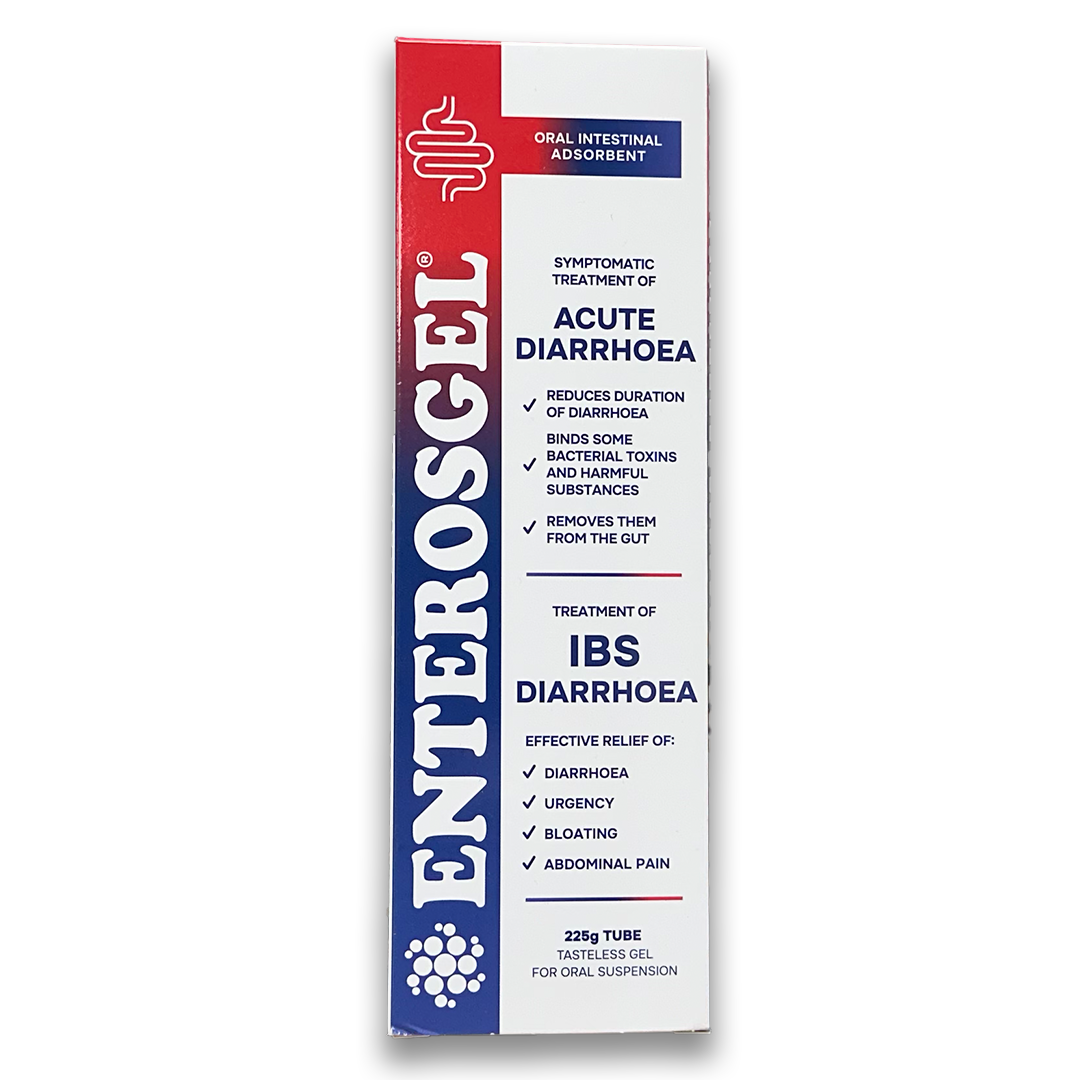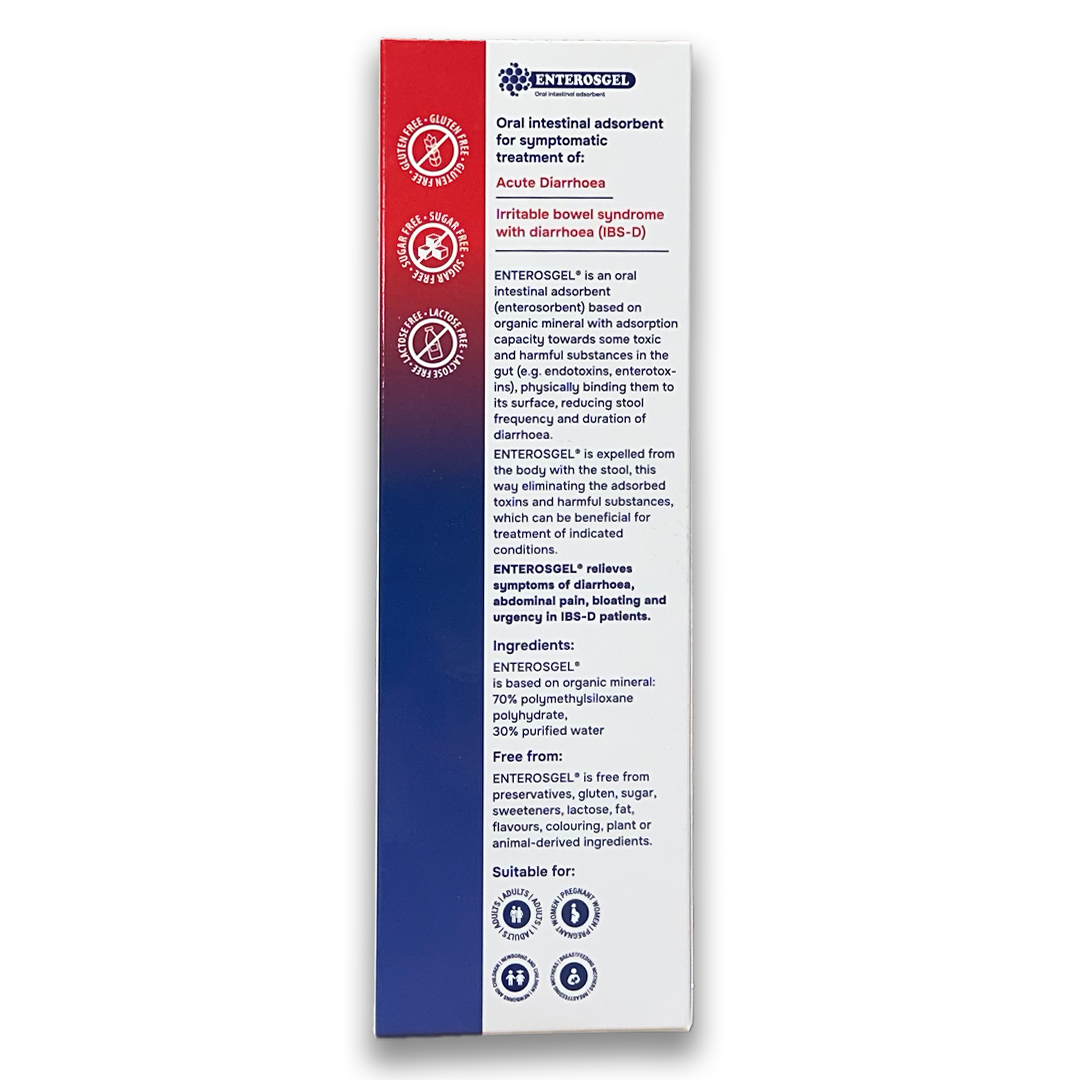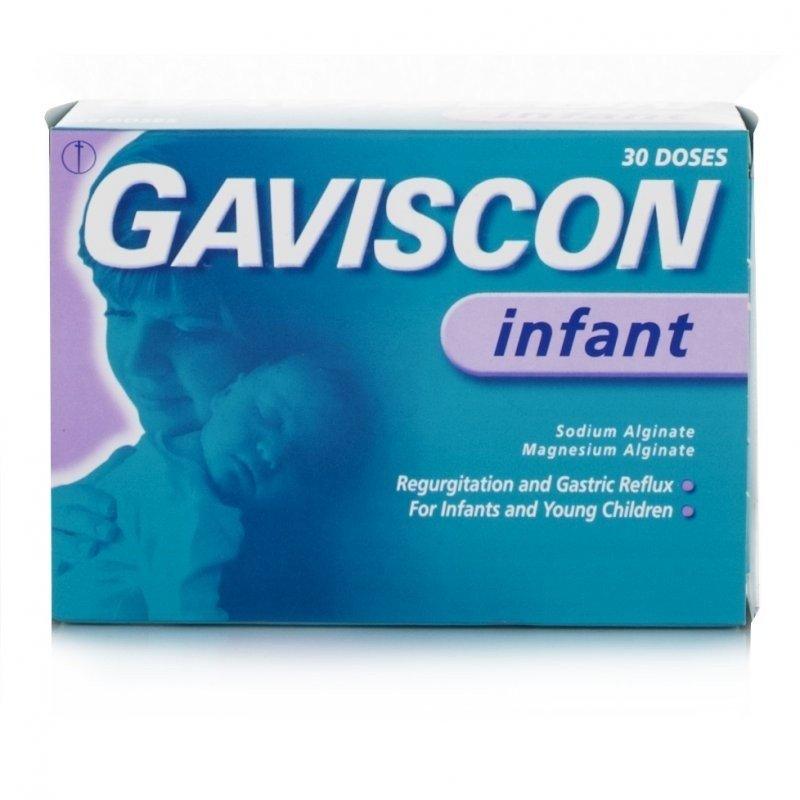Gaviscon Infant Sachets 1+ Years

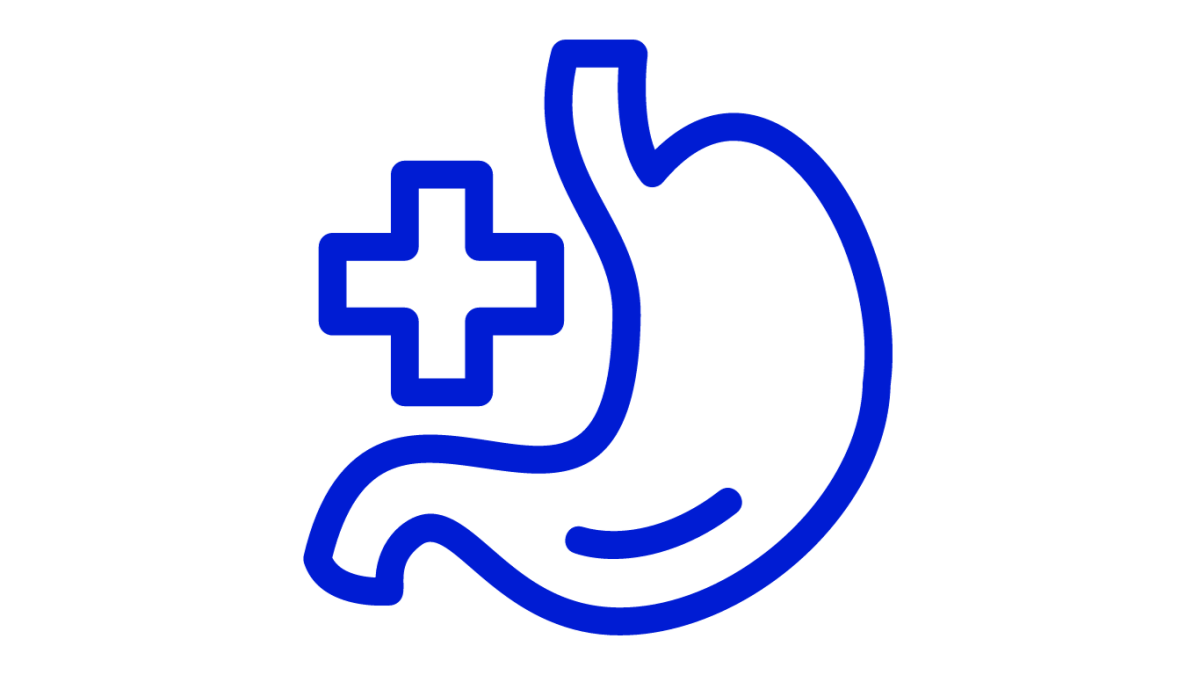
What is Children's Colic and Digestion?
TAKES APPROXIMATELY 2 MINS TO COMPLETE.
About Children's Colic and Digestion
Cause
Diagnosis
Treatments
Prevention
Further Info
FAQs
Can I give my child over-the-counter (OTC) digestive medications for common issues like indigestion or constipation?
Are there specific foods that can help alleviate digestive discomfort in children?
What role do probiotics play in children's digestive health, and should I consider giving them to my child?
How can I differentiate between food allergies and digestive issues in my child?
We are here to help 👋
For assistance, please contact our customer service at info@rightangled.com. We are available Monday to Friday from 8 am to 5 pm. For urgent issues, please do not use this email. Instead, call 111, or dial 999 in case of an emergency.


